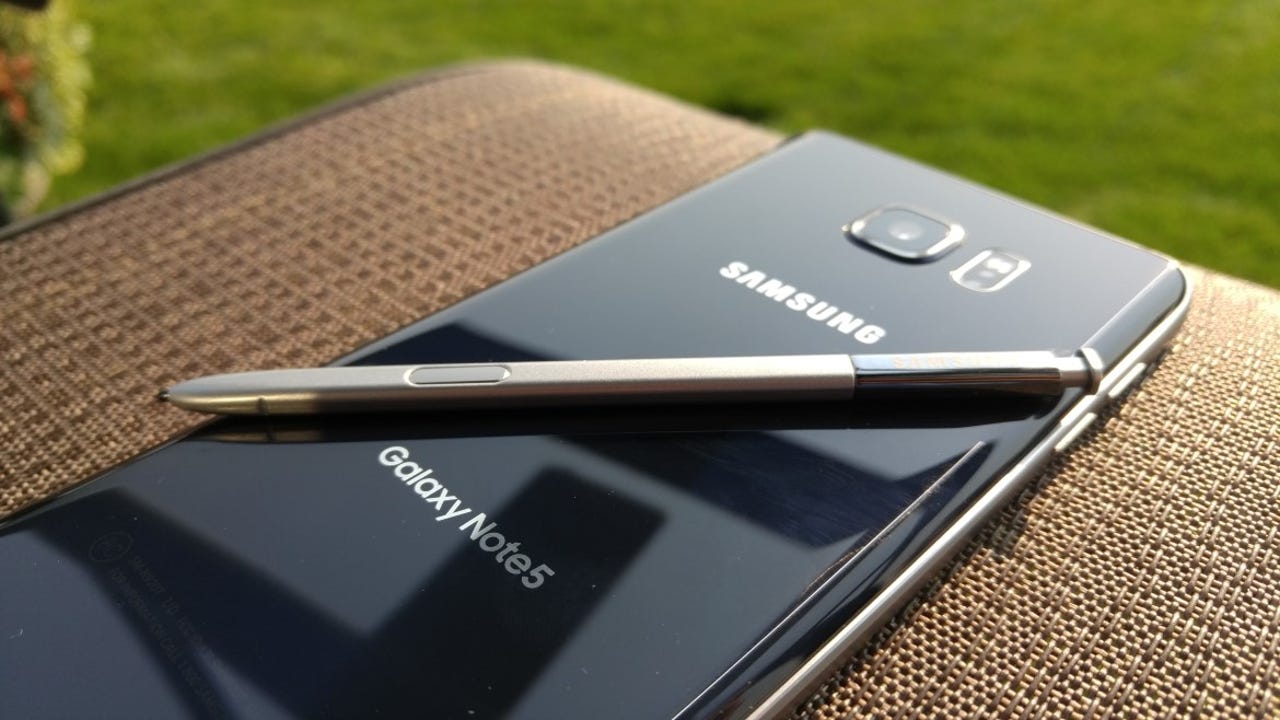IDC: 2015 smartphone shipments pass 1.4 billion, Huawei joins elite group with 100 million units shipped


It may seem like everyone you know has a smartphone in hand, but that doesn't mean people stopped buying new smartphones. The latest IDC report shows fourth quarter 2015 and full year 2015 results with smartphone shipments passing 1.4 billion for the year.
The market research firm estimated 1432.9 million units shipped in 2015, marking the highest year of shipments on record, up 10.1 percent from the 1301.7 million units shipped in 2014. 399.5 million units were shipped during the fourth quarter of 2015, compared to 377.8 million in the same quarter of 2014.
Melissa Chau, Senior Research Manager with IDC's Worldwide Quarterly Mobile Phone Tracker, stated, "Usually the conversation in the smartphone market revolves around Samsung and Apple, but Huawei's strong showing for both the quarter and the year speak to how much it has grown as an international brand."
While Apple had its most successful quarter ever with 74.8 million units shipped, Huawei showed the strongest year-over-year growth among the top five vendors at 37 percent. Huawei also shipped 108 million devices in 2015, the fourth vendor in history to ship over 100 million smartphones in a year. The other three were Apple, Samsung, and Nokia.
It's always been clear that Apple would level out in its sales and market share, in large part to Apple having the highest ASP of all vendors. With other smartphones offering nearly the same functionality at half the price, the iPhone is likely to level out in the 18 to 20 percent range.
Samsung remains the top vendor with nearly 325 million units shipped in 2015, resulting in 22.7 percent market share. However, the year-over-year growth was only 2.1 percent. In 2014 Samsung had 24.4 percent of the market with Apple at 14.8 percent. Apple continues to battle Samsung, but Samsung is also facing threats from Huawei, Lenovo, and Xiaomi.